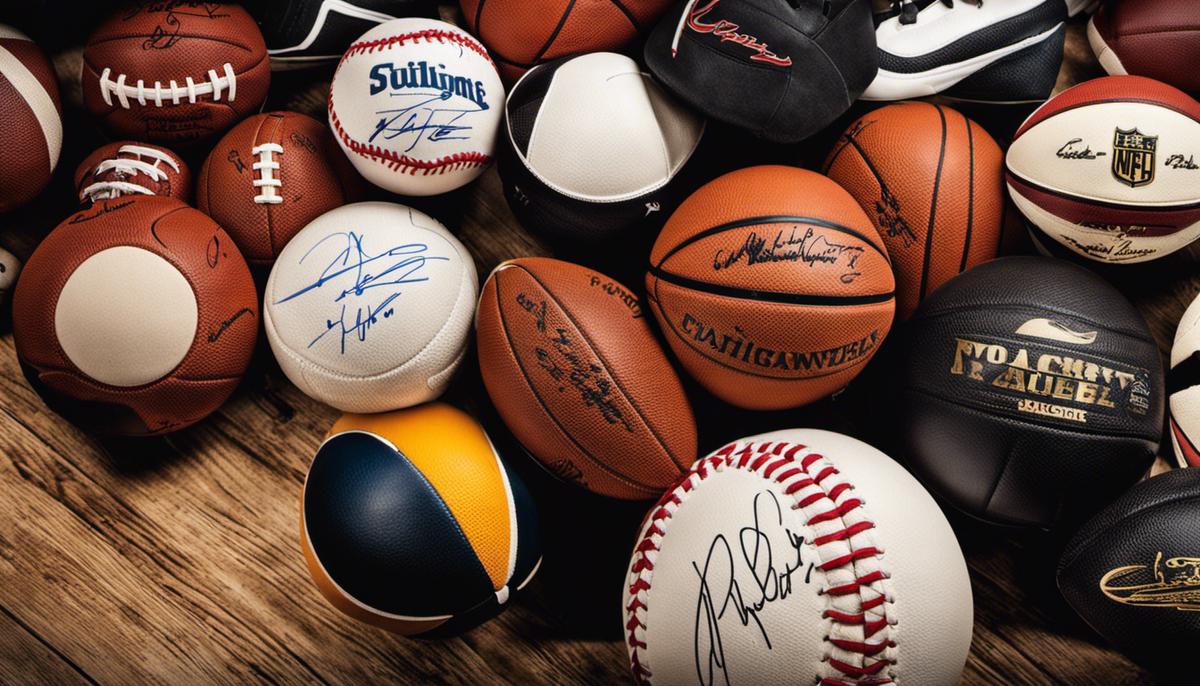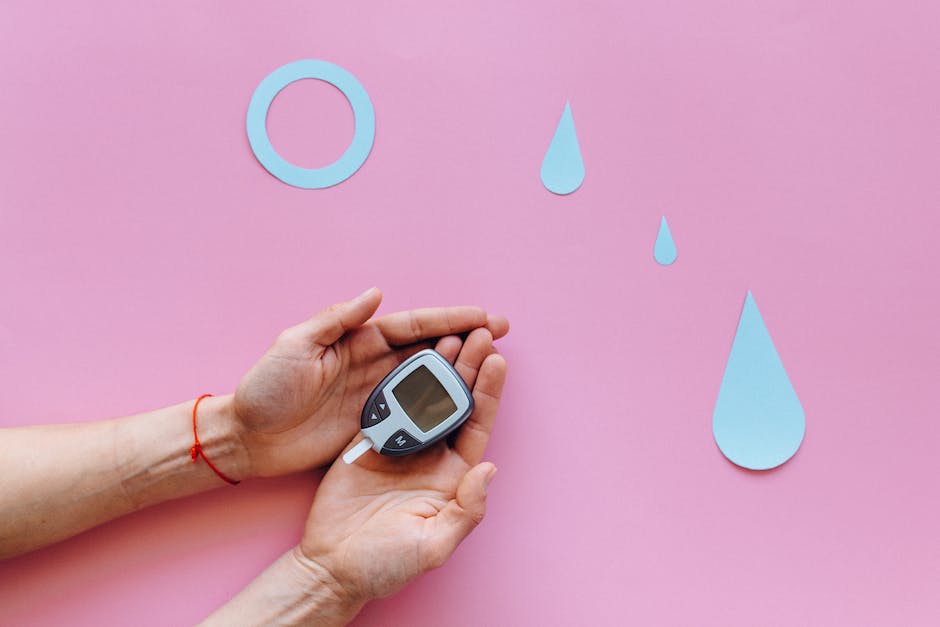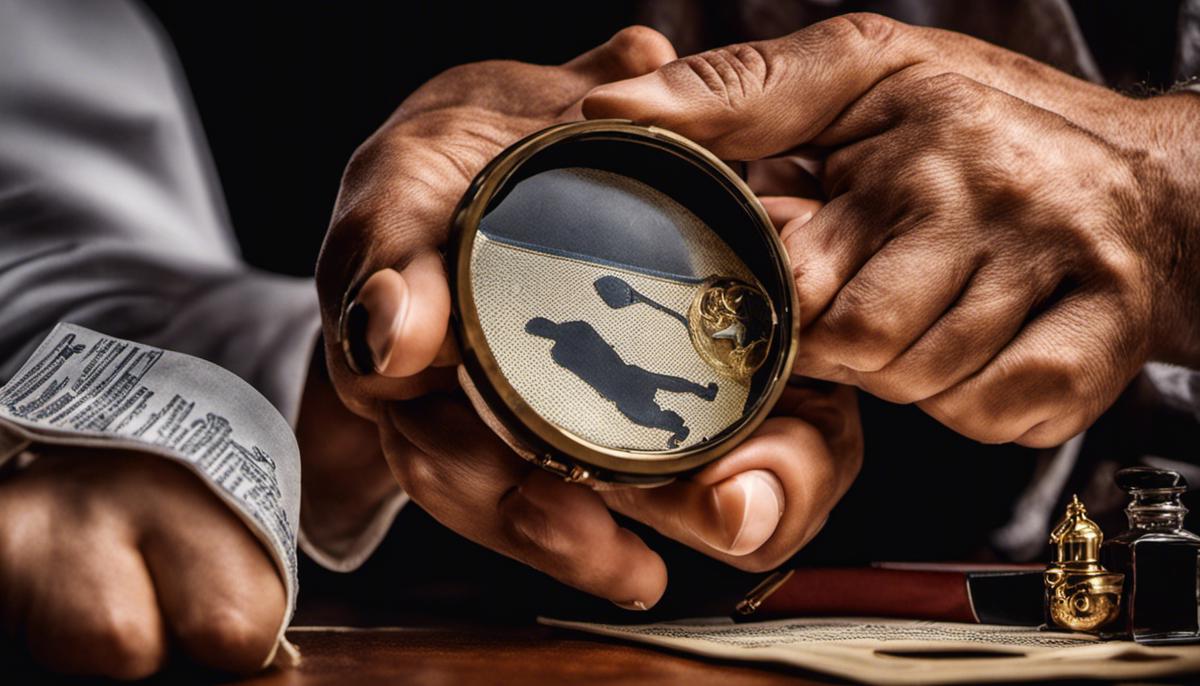In the exciting world of sports, possessing autographed memorabilia of your favourite player or team has a certain allure that extends beyond fandom. Indeed, these collectibles often appreciate in value over time, potentially turning them into lucrative investments. However, understanding where and how to effectively sell these prized possessions can often seem like a daunting challenge. Whether your collection includes signed baseball cards, football jerseys, or unique sporting artifacts, adequate knowledge about how to evaluate your items, utilize online auction platforms, leverage sports memorabilia dealers, and operate at trade shows or local markets is key in securing the best deal.
Evaluating Your Sports Memorabilia
Evaluating the Authenticity of Your Autographed Sports Memorabilia
Before contemplating selling your autographed sports memorabilia, the first key step is evaluating its authenticity. Many unauthentic pieces circulate the market, so professional authentication is a viable approach to assuring potential buyers about its legitimacy. Reputable authentication companies like JSA (James Spence Authentication), PSA/DNA, and Steiner Sports are well-known in the industry. They examine the autographs using high-quality techniques and issue certificates of authenticity (COA) that will undoubtedly increase your item’s value in the buyer’s eyes.
Understanding the Player’s Frequency of Signing
The availability and rarity of an autograph play a significant role in its market desirability and subsequent value. A player known for signing frequently will likely have many autographed items on the market, reducing its value. Contrarily, a player who rarely signs or valuable autographs from retired or deceased athletes will typically hold greater value.
Considering Condition and Presentation
The condition of the autographed sports memorabilia is paramount. Creases, staining, discoloration, fading autographs, and damage all can significantly reduce an item’s value. Keeping your memorabilia in top-notch condition using protective cases is advisable. Additionally, the autograph’s quality also impacts the value: clear, well-placed, and unsmudged autographs generally fetch more in the market.
Desirability of the Player or Team
Finally, an autograph’s worth is directly linked to the player’s or team’s popularity and performance. Autographs from highly desired players or successful teams usually draw in more potential buyers, ultimately leading to a higher selling price.
Finding the Best Place to Sell Autographed Sports Memorabilia
If you have treasured sports memorabilia and have assessed its value and condition, it’s time to select a place that will provide the best opportunities to sell. Various avenues to sell your prized sports memorabilia are available and include:
- Auction Houses – Renowned auction houses, available both online and offline, attract serious collectors and can expose your items to a large potential market. Examples of such auction houses include Heritage Auctions and SCP Auctions, both leaders in sports memorabilia auctions.
- Online Marketplaces – Renowned websites such as eBay serve as a bridge, linking sellers to potential buyers globally. Although their extended reach could help locate parties interested in your memorabilia, prepare yourself for fierce competition and selling fees.
- Sports Memorabilia Retailers – Organisations like Steiner Sports or Upper Deck will purchase your memorabilia outright. An alternate approach is consignment selling, in which the retailer sells your items and you receive a portion of the final sale price.
- Trade Shows and Conventions – Many sports collectors attend these events, making them a perfect platform for selling autographed memorabilia. You can engage directly with buyers at these events, strike up negotiations, and possibly receive immediate payment.
Regardless of your chosen selling platform, ensure you upload clear, detailed pictures of your memorabilia and write a comprehensive description. Including evidence of authentication in your listing will also enhance buyers’ trust.

Online Auction Sites
The Popularity of Online Auction Sites for Selling Sports Memorabilia
Online platforms, particularly auction sites like eBay, have garnered immense popularity as selling spheres for autographed sports memorabilia. The ease of use, expansive customer base, and potential for nationwide or even worldwide exposure make these platforms a preferred choice for many sellers. These websites can showcase your unique and valuable sports memorabilia – from signed helmets, balls, jerseys, to photographs – to thousands of potential buyers, making it a viable route for those looking to find the right home for their cherished items.
Benefits and Challenges of Using Online Auction Sites
There are several key benefits to using online auction sites to sell autographed sports memorabilia. Firstly, these platforms offer a high level of exposure. eBay alone has approximately 182 million buyers worldwide, providing sellers with a vast and diverse pool of potential customers. Additionally, you have the freedom to set your starting price and auction duration, which gives you significant control over the selling process.
However, selling on these platforms also comes with its challenges. Competition on these sites can be fierce, with hundreds of identical or similar items often listed at the same time. Visibility among this myriad of listings is crucial. SEO optimization of your item title by including key details such as the autographed person’s name, the item type, and any certifications can help your listing appear in potential buyers’ search results.
Listing Techniques and Fee Structures
The way you list your autographed sports memorabilia can affect its visibility and selling price. Clear, high-quality photographs and a detailed description of the item are key. It’s helpful to include a story or background about the piece, specifics about the autograph, and any authentication or certification the item has. This not only helps attract buyers but also builds trust.
When it comes to fee structures, most online auction sites such as eBay charge insertion fees to list items and final value fees when the items sell. eBay, for instance, gives a certain number of free listings each month, after which you’re charged a listing fee. Final value fees are percentage-based and factor in both the sale price and shipping cost.
Payment Methods
Most online auction sites accept a variety of popular payment methods like direct deposit, PayPal, and debit or credit cards. eBay, for instance, uses managed payments, in which the seller receives payouts directly to their bank account, regardless of how the buyer paid. This offers added convenience and security for both the seller and the buyer.
Importance of Safe Shipping
When selling autographed sports memorabilia online, one must give significant weight to shipping. Providing efficient, punctual, and affordable shipping can give you a distinct edge over your competitors. Additionally, it is paramount to ensure items are securely packaged to guard them against any possible damage during transit due to their fragility and high value. For added security, many sellers opt to insure their shipments especially when dealing with items of considerable worth, this acts as a safeguard against any unforeseen loss during the shipping process.

Photo by officestock on Unsplash
Sports Memorabilia Dealers
Identifying Trusted Sports Memorabilia Dealers:
Finding a trusted dealer for sports memorabilia is extremely crucial to both getting a fair deal and guaranteeing your prized possession is handled with utmost care. Dealers who are part of recognized bodies such as the Universal Autograph Collectors Club (UACC) and Professional Sports Authenticator (PSA) tend to be trustworthy as they adhere to a code of ethics designed to secure sellers’ interests.
For potential buyers, online platforms are proving to be a gold mine. Websites such as eBay and prestigious auction houses like Heritage Auctions and Goldin Auctions draw in consumers prepared to pay a premium for authenticated, high-quality sports memorabilia. The consistent sales records on these platforms attest to their trustworthiness and assure you of a potent customer base.
Understanding Business Models and Commissions:
Various business models exist in the sports memorabilia industry, and understanding them can aid in selecting the best place to sell your signed memorabilia. Dealers may offer an immediate purchase or consignment basis deal. In immediate purchase, the dealer buys the item instantly for a fixed price, while in consignment, the dealer sells the item on behalf of the owner and charges a commission on the selling price.
Knowing the commission asked by the dealers is extremely important as it directly impacts your net earnings. On platforms like eBay, the commission charged by the platform may be up to 10% of the final sale price. On the other hand, specialized auction houses such as Heritage and Goldin Auctions charge commissions ranging from 10% to 20%.
The Consignment Process:
The consignment process usually begins with an initial sports memorabilia evaluation, preferably in person. However, many dealers also operate online and could assess an initial valuation via email or social media provided that there are high-quality photos of the item.
Dealers usually sell consigned memorabilia at the market’s maximum possible price. This process requires trust between both parties as the seller would only receive payment after the sale. Contracts are typically used for clarity outlining payment timelines, commission rates, and responsibilities if an item fails to sell.
Ensuring the Item’s Security:
When selling valuable collectibles, it’s crucial to protect your items. Each item should have proof of authenticity, usually in the form of a certificate or letter from renowned companies such as PSA, James Spence Authentication (JSA), or Beckett Grading Services (BGS).
When shipping your memorabilia, consider using registered mail or a courier service, both offering tracking and insurance. For high-value items, using a professional packing service is a safe way to ensure its protection during transit.
When using online platforms to sell or auction your items, consider platforms that offer buyer protection. This platform feature guarantees that your items are sold to buyers who have been vetted and are more likely to complete the transaction securely.
When considering selling sports memorabilia, it’s essential to approach the process with both knowledge and preparation. Key factors to consider include finding the right dealer to work with, understanding their commission structure, being aware of the consignment process, and taking the appropriate steps to ensure item protection. With the correct planning and research, the process of selling your signed sports memorabilia can be both profitable and gratifying.

Shows, Conventions, and Local Markets
Taking part in Sports Card Shows and Sports Memorabilia Conventions
One ideal way to sell autographed sports memorabilia is by participating in Sports Card Shows and Sports Memorabilia Conventions. These events draw crowds specifically interested in acquiring, trading, or selling sports memorabilia, providing an invaluable platform for a face-to-face interaction with potential buyers. Participants often secure a booth or table space for their collection display. Keep in mind that there are associated costs with these spaces, which should be considered when determining your memorabilia price points.
Negotiating with Potential Buyers
Negotiation is an integral part of selling autographed sports memorabilia. It involves discussing and agreeing on the price and payment method. It’s crucial to know the market price of your memorabilia, as well as the highest and lowest price you’re willing to accept.
Always start with a price slightly higher than your target price because buyers are likely to bargain down. Being confident and assertive during the negotiation process will make potential buyers respect your asking price. If a potential buyer does not meet your predetermined lowest price, don’t be afraid to say no and move on to the next potential buyer.
Selling Memorabilia at Local Marketplaces
Local marketplaces, like flea markets, also provide opportunities to sell autographed sports memorabilia. These venues often attract a broad range of buyers, increasing the chance of finding the right customer for your specific memorabilia.
To sell at local marketplaces, you will need to reserve a booth or table. It’s essential to display items attractively and price them reasonably. It would be best to have a comprehensive understanding of each item’s authenticity, condition, and worth.
Ensuring a Secure and Profitable Transaction
Whether selling memorabilia at sports card shows, conventions, or local marketplaces, security should be a top concern, especially when dealing with high-ticket items. To guard against fraudulent checks or counterfeit money, consider accepting cash-only transactions or use a reliable mobile payment service.
Providing a certificate of authenticity (COA) for the autographed sports memorabilia is also crucial. A COA gives potential buyers assurance about the item’s validity, adding more value to your merchandise.
Consider insuring valuable items in case of damage or theft when selling in public spaces. And remember to keep a record of all transactions for future reference or in case of any disputes. Lastly, professionalism and good customer service will surely benefit sellers by attracting and retaining satisfied customers.

Armed with comprehensions about various selling platforms and the factors influencing the value of your sports memorabilia, you stand ready to venture into the market. Turning your love for sports into a potential income stream is no longer a distant dream; it’s a realistic possibility. Remember, selling sports memorabilia requires patience, persistence, and detailed research. The process may be intricate, but the end result could potentially yield both financial rewards and remarkable satisfaction. Hence, the journey from being a sports enthusiast to a memorabilia trader can be a rewarding one filled with learning, excitement, and triumphs.

